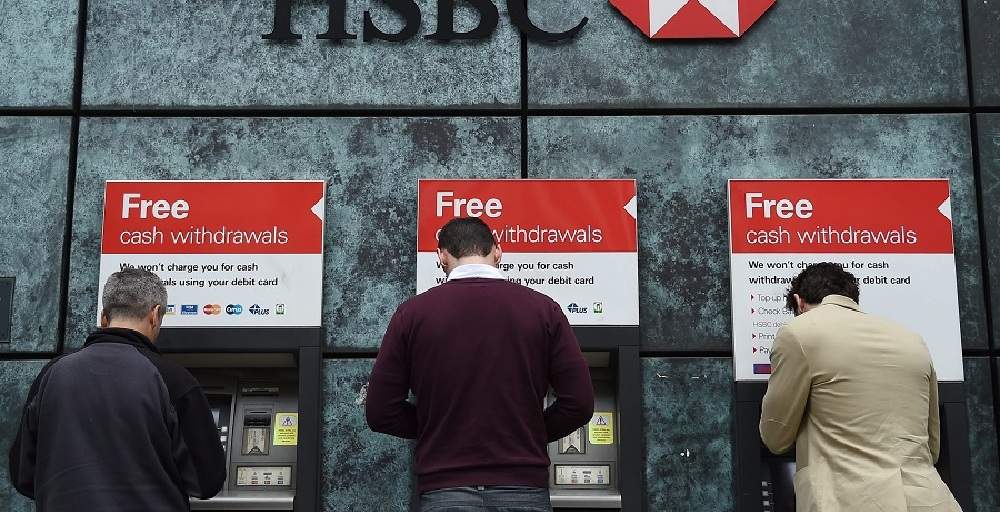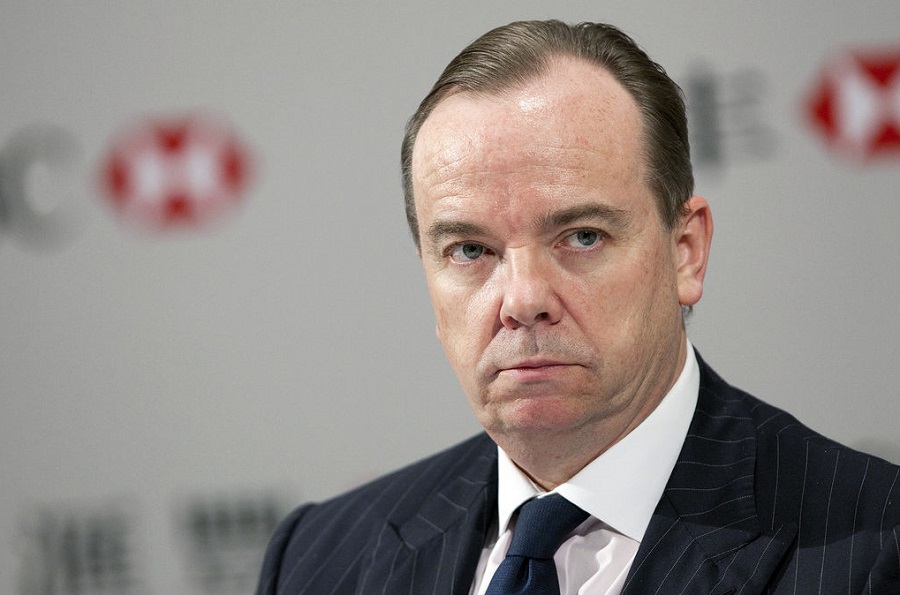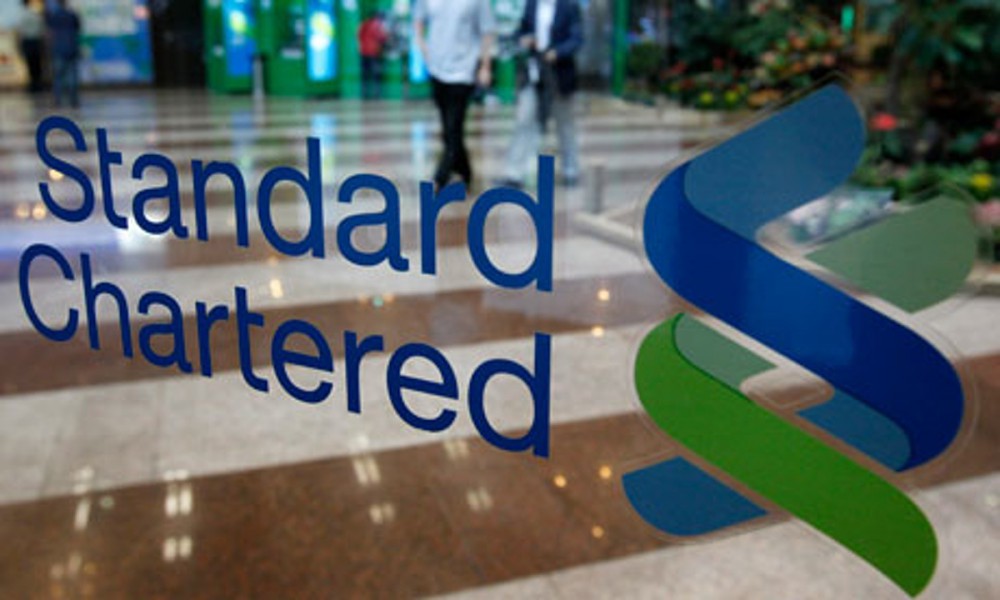
HSBC has become the latest big European bank to cut pay, slashing pension payments to top executives by 40 per cent after pressure from investors, according to people familiar with the matter.
The change, contributing to an overall pay cut for chief executive Stuart Gulliver, comes as many European banks are cutting remuneration for their top executives after a downturn in performance.
According to Financial Times, HSBC is implementing a pay and hiring freeze to control costs because the bank has major businesses in Asia, and its profit in the region will be an early indicator of the extent of the slowdown in the Chinese economy.
[caption id="attachment_36949" align="alignnone" width="900"] Stuart Gulliver, Chief Executive Officer of HSBC[/caption]
Stuart Gulliver, Chief Executive Officer of HSBC[/caption]
HSBC pays its top managers a cash allowance in lieu of pension, which last year amounted to half of their salaries. But after investors complained this looked high compared to rivals, HSBC cut it to 30 per cent of salaries in a move it will reveal with annual results on Monday. That came only days after Europe’s biggest bank by assets dropped shortlived plans to freeze pay for the year for employees globally, following staff protests.
Mr. Gulliver is battling to improve the bank’s performance, having launched a “pivot to Asia” strategy last year, which aims to cut $5bn of costs and 50,000 jobs while shifting a big chunk of its assets to higher growth areas, such as China. The bank’s share price has fallen in each of the past three years, dropping more than a quarter in 2014. Since the start of this year, HSBC shares have outperformed the sector, but they are still down 15 per cent on fears of an economic slowdown, particularly in China. HSBC declined to comment.
However, analysts are relatively upbeat about its annual results, forecasting on average an 11 per cent rise in net profits to $15bn. Last week, HSBC said it had decided to keep its headquarters in the UK after weighing a move back to Hong Kong.
The UK’s four biggest banks are expected to trim total bonuses this year to about £5bn as they report a drop in overall profits, hit by higher provisions for mis-selling payment protection insurance, the cost of restructuring and a slowdown in investment banking activity.
That follows Deutsche Bank’s decision to cancel annual bonuses for its top managers and a request from Tidjane Thiam, Credit Suisse’s chief executive, to have up to half his bonus cut. Both Deutsche and Credit Suisse slid to multibillion annual losses in 2015.
Another bank expected to slash bonuses for top managers is Standard Chartered. Several analysts forecast StanChart could make its first annual net loss since 1989 after launching a restructuring plan that will cost $3bn and taking a multibillion provision for bad loans.
[caption id="attachment_36950" align="alignnone" width="1000"] Photo by The Guardian[/caption]
Photo by The Guardian[/caption]
Last year, HSBC paid £625,000 towards Mr Gulliver’s pension as part of his total pay package of £7.6m. However, his pension allowance has now been cut to £375,000.
Douglas Flint, chairman, will have his pension allowance cut from £750,000 to £450,000 by the change, which was first reported by Sky News. The other executive board members who receive such pension allowances are Iain Mackay, finance director, and Marc Moses, chief risk officer.







